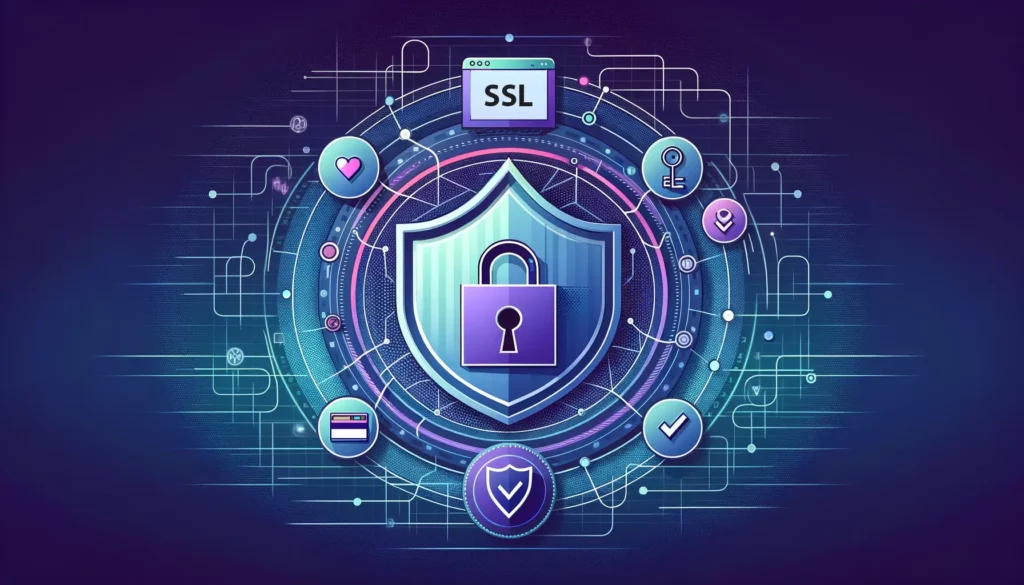In today’s digital world, securing your website is more important than ever. With the increasing frequency of cyber-attacks and data breaches, website owners must take proactive steps to protect their visitors’ data and privacy. One of the most effective ways to achieve this is through the use of SSL certificates. In the context of domain hosting, SSL (Secure Sockets Layer) certificates play a crucial role in creating a secure connection between the server and the user’s browser. Here’s an overview of the role of SSL certificates in domain hosting and why they are essential for any website.
-
Understanding SSL Certificates
An SSL certificate is a digital certificate that authenticates the identity of a website and enables an encrypted connection. SSL uses encryption protocols to secure data transmitted between a web server and a browser, ensuring that any information exchanged remains confidential and protected from eavesdroppers.
-
Data Encryption
The primary function of an SSL certificate is to encrypt data exchanged between the user’s browser and the web server. This means that sensitive information, such as login credentials, credit card numbers, and personal data, are encoded and cannot be easily intercepted by malicious actors. By encrypting this data, SSL certificates help protect users’ information against theft and unauthorized access.
-
Authentication
An SSL certificate also provides authentication for your website. When a user visits a site with an SSL certificate, they can verify that the website is legitimate and belongs to the organization it claims to represent. This is particularly important for e-commerce sites and platforms that request sensitive information. SSL certificates are issued by trusted Certificate Authorities (CAs), which play a key role in validating the identity of the website owner before issuing the certificate.
-
Trust and Credibility
Having an SSL certificate visibly demonstrates to your visitors that you take their security seriously. Websites with SSL certificates display a padlock icon in the address bar, and the URL begins with “https://” instead of “http://”. This signals to users that the site is secure, fostering trust and credibility. Many users will hesitate to provide personal information on sites that do not have SSL, potentially leading to lost sales or engagement.
-
SEO Benefits
In recent years, search engines, particularly Google, have emphasized the importance of website security in their ranking algorithms. Google announced that sites with SSL certificates would receive a ranking boost in search results compared to those without. Therefore, installing an SSL certificate can improve your website’s visibility and drive more organic traffic.
-
Regulatory Compliance
Certain regulations, such as the General Data Protection Regulation (GDPR) and the Payment Card Industry Data Security Standard (PCI DSS), require adequate measures to protect user data. Implementing SSL certificates is one of the best practices that can help ensure compliance with these regulations, protecting both users and organizations from legal liabilities.
-
Improved Performance
SSL certificates can enhance website performance by enabling HTTP/2—a protocol that allows faster loading times by allowing simultaneous requests and responses. This can significantly improve the user experience, which is particularly important for retaining visitors and reducing bounce rates.

Conclusion
SSL certificates are a fundamental component of domain hosting, playing an integral role in securing online communications. They provide encryption, authentication, and trust, establishing a safe environment for users to interact with your website. In addition to improving security, SSL certificates can boost your site’s credibility, enhance SEO rankings, and help comply with data protection regulations. As the digital landscape continually evolves, ensuring that your website is equipped with an SSL certificate is no longer optional but a necessity for any serious online endeavor. Protect your users and your brand by prioritizing SSL security in your domain hosting strategy.

